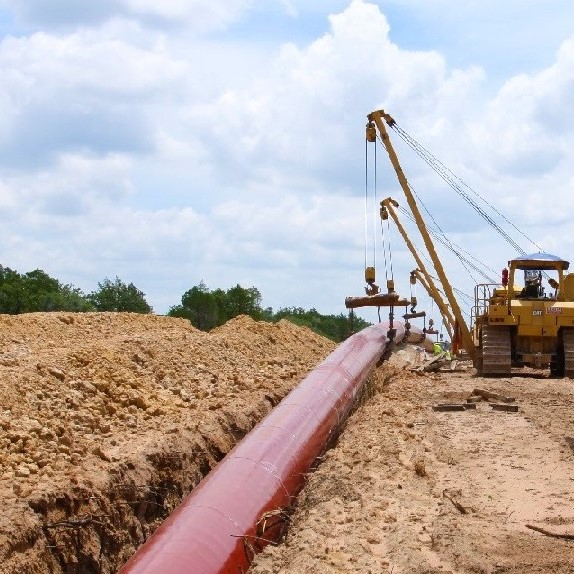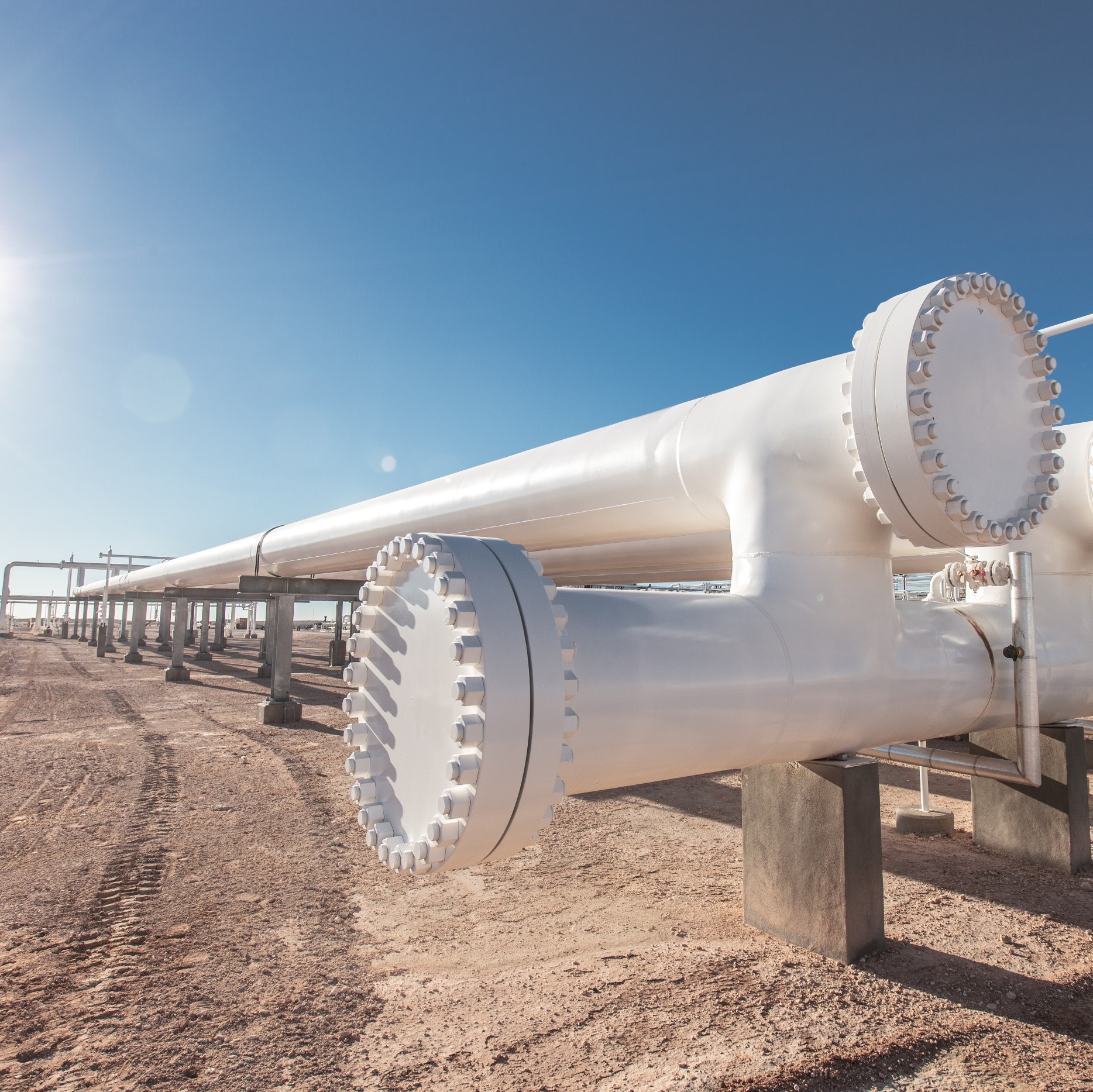Commitment to Safe Construction

It is our priority to safely construct and operate the pipeline in ways that meet or exceed all state and federal safety and environmental regulations. For example, we non-destructively test 100% of the mainline girth welds by x-ray or ultrasound, while it is only required for 10% of welds to be tested. The pipeline will be tested with water at 1-1.5 times higher-than-normal pressure and regulation devices will be installed to prevent pressure from exceeding safe limits.
Your Community is Our Community

Our goal is to provide safe and reliable service to the communities we cross and to the customers we serve. Energy Transfer has a comprehensive pipeline integrity program which enables real-time monitoring of our assets 24 hours a day, 7 days a week, 365 days a year. This includes a supervisory control and data acquisition computer system, in-line inspection tools, aerial patrol, ground patrol, and remotely actuated valves, to name a few.
Reliable Energy Infrastructure

Pipelines are the most environmentally friendly, efficient and reliable mode of transporting energy products. Studies by the U.S. Department of Transportation show that pipelines surpass both rail and truck in overall safety. From fueling our vehicles and heating our homes, to providing the raw materials that make thousands of items we use every day, pipelines connect us to the energy we rely on.
Regulatory
The pipelines will be regulated The Railroad Commission of Texas with delegated authority by the U.S. Department of Transportation’s Pipeline and Hazardous Materials Safety Administration (PHMSA).
Energy Transfer will file permits with, provide information to, or engage in required consultations with the U.S. Army Corps of Engineers, the U.S. Fish and Wildlife Service, the U.S. Department of Energy, the Texas Parks and Wildlife Department, the Texas Historical Commission, and numerous state entities.
When completed, the pipelines will be governed by federal environmental laws including the Clean Water Act, the Clean Air Act, the Rivers and Harbor Act, the Endangered Species Act and the Historic Preservation Act.